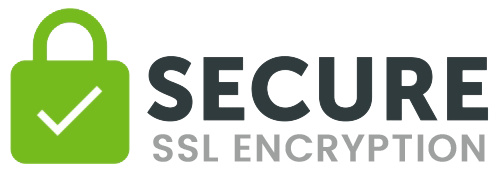Your credit report is a snapshot of everything you have ever done in your life that has involved your use of credit. It is a very important that you monitor your credit report regularly to make sure there aren’t any inconsistencies or mistakes that could adversely affect your future applications for credit.
There are three credit reporting agencies that compile your credit information into one easy to read report. Not all companies report to all three bureaus and they are not required to report to any of them. However, you will find that many companies will go ahead and report credit transactions to at least one of the three companies.
The three credit reporting agencies are: Experian, Equifax, and TransUnion. No one company is any “better” than the other. They all have different ways of making credit reports, but they all generally operate in the same way. You can find them easily on the web at: www.experian.com, www.equifax.com, and www.transunion.com.
Free Credit Report
On December 4, 2003, President George W. Bush signed into law the Fair and Accurate Credit Transactions (FACT) act that provide one free credit report to all citizens of the United States per year. This came about as the result of a rise in identity theft and the need for citizens to able to view and monitor their credit reports to check for accuracy of information.
Now, all United States citizens are entitled to one free credit report each year from any one of the three credit reporting agencies: Experian, Equifax, and TransUnion.
There are various ways you can go about getting your free credit report. You can go to any of the credit reporting agencies’ websites: www.experian.com, www.equifax.com, or www.transunion.com. There will be links there that can guide you through getting your free credit report.
Probably one of the easier ways, however, to go about it is to visit either of the following websites: www.annualcreditreport.com or www.freecreditreport.com. They will guide you through the process by asking a series of questions and asking personal things to help determine that you are who you say you are. Within a few moments, your free credit report will appear on your computer screen and you will be able to save it to your computer and print it out so you can check for any mistakes.
Once you receive your free credit report from at least one of the three bureaus, you will want to take some time to go over it and make sure that the information is accurate. Even one mistake on your credit report can make a difference in your overall credit score and could get you denied for a line of credit or a loan.
If you do find a mistake, you need to report it right away. Usually, there will be a link on the websites where you can go to so you can at least alert them to the error. After that, you will have to provide written documentation to them that the account is a mistake and they will review your request. Once they decide, if it is indeed a mistake, it will be removed from your report immediately.
To recap, you can get one free credit report from any of the three bureaus in charge of credit reporting. To get reports from the other two, you will be charged a small fee, but in the long run, it will be well worth the money to protect your credit.

